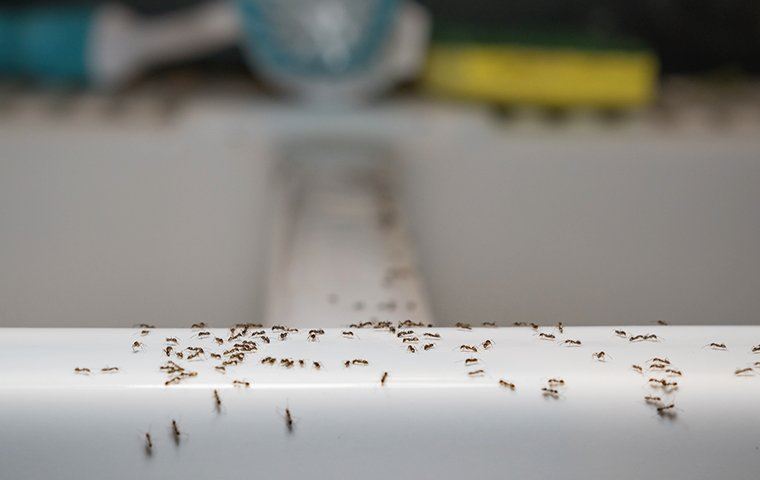As a landlord in Arizona, maintaining a safe, habitable property means keeping pests at bay. Tenants expect—and local regulations often require—pest-free living conditions. Understanding your legal obligations and best practices for pest management can protect your investment, reduce liability, and foster positive tenant relationships.
Understanding Landlord vs. Tenant Responsibilities
Arizona landlord-tenant law generally assigns pest control duties as follows:
- Landlord’s Responsibility: Structural treatments, common areas, and pre-move-in conditions.
- Tenant’s Responsibility: Cleanliness, prompt reporting of pest issues, and preventing clutter.
Lease agreements should clearly spell out these duties. Providing tenants with a move-in checklist on sanitation and reporting procedures helps avoid disputes.
Key Pests to Monitor in Arizona Rental Properties
- Cockroaches: Thrive in multi-unit buildings; can quickly spread between units.
- Rodents: Mice and rats enter through shared walls, utility lines, and gaps.
- Termites: Silent structural threats—regular inspections are crucial.
- Scorpions & Spiders: Outdoor landscaping and clutter invite stingers inside.
- Bed Bugs: Often introduced via tenants’ luggage or secondhand furniture.
Proactive monitoring and early intervention prevent small issues from becoming widespread infestations.
Best Practices for Landlords
1. Conduct Move-In Inspections
Before each new tenancy:
- Inspect Thoroughly: Check kitchens, bathrooms, basements, and outdoor storage.
- Document Condition: Take date-stamped photos of walls, floors, and behind appliances.
- Treat Preventatively: Apply rodent bait, roach gel, or exterior barrier treatments if previous tenants reported issues.
2. Establish Routine Maintenance Plans
- Quarterly or Biannual Inspections: Schedule professional visits to common areas and vacant units.
- Seasonal Treatments: Even in Arizona, moisture-seeking pests like scorpions and roaches peak after rains.
- Landscaping Management: Keep shrubbery trimmed, remove debris, and maintain good drainage around foundations.
3. Enforce Tenant Hygiene Policies
Include clear lease clauses requiring:
- Prompt Reporting: Tenants must notify you immediately of any pest sightings or conditions (e.g., leaks or cracks).
- Clean Conditions: No excessive clutter, proper food storage, and regular trash removal.
- No Unauthorized Treatments: To prevent misuse of chemicals or damage.
Provide tenants with a welcome packet that outlines these expectations and local health department guidelines.
4. Respond Quickly to Service Requests
- Same-Day or Next-Day Service: Rapid response limits spread to adjacent units.
- Professional Treatments: Use an insured, licensed pest control company—DIY chemicals may be ineffective or dangerous.
- Follow-Up Visits: Confirm that treatments worked and address any remaining issues.
Legal and Financial Implications
Neglecting pest control can lead to:
- Code Violations: Health department penalties for unsanitary conditions.
- Property Damage: Termite or rodent destruction requiring expensive repairs.
- Liability Claims: Tenant illness or injury from pests or improper treatments.
- Vacancy Losses: Negative reviews and higher turnover drive up marketing and refurbishment costs.
Investing in a reliable service—plans starting at $47.50 with free estimates—safeguards your bottom line and reputation.
Partnering with Bug Eyes Pest Control
At Bug Eyes Pest Control, we specialize in multi-unit and single-family rental inspections and treatments. Our landlord services include:
- Custom Maintenance Contracts: Regularly scheduled treatments at discounted rates.
- Comprehensive Documentation: Inspection reports and digital logs for your records and compliance.
- Tenant Education Materials: Printable flyers and checklists to help tenants prevent reinfestation.
With our expertise, you can focus on property management while we handle the pests.
Take Action:
Maintain your property’s value and tenant satisfaction—schedule your landlord pest control plan today!
📞 Call 480-934-0690 | 🌐 Visit bugeyespest.com



